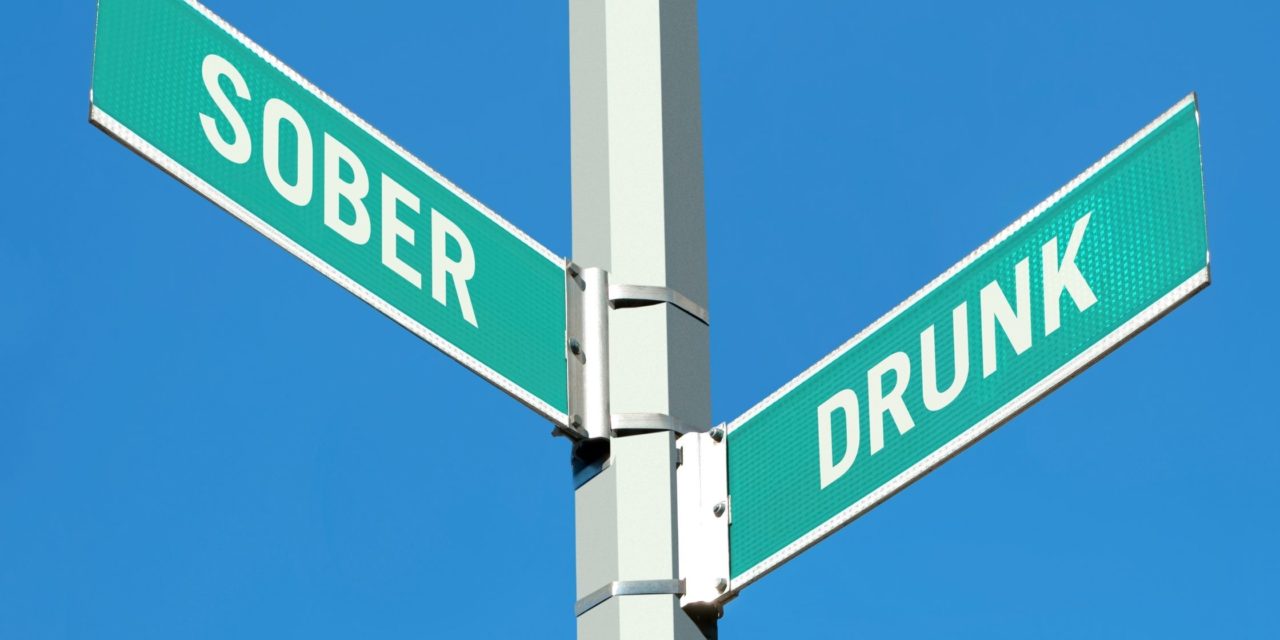Being in a relationship with an alcoholic is difficult, but dating someone who’s sober isn’t necessarily a picnic either. If your significant other is in recovery and you want to be a supportive partner, you’re bound to be bursting with questions about what you should or should not do or say around them. Should you throw out all the alcohol you have at home? Would simply talking about drinking be triggering? Does this mean that I can’t drink alcohol when I’m around them?
Help! My boyfriend doesn’t drink but I do!
No need to panic, unless you’ve spoken to your boyfriend about this directly, you shouldn’t assume that he expects you to become sober along with him. Depending on how newly sober your boyfriend or significant other is, however, it certainly would be beneficial to minimize temptation and reduce any unnecessary exposure to alcohol. Simply the smell or sight of it could be enough to trigger a relapse. If he’s been sober for decades, he’s likely a lot less volatile and has a much better handle on being exposed to alcohol. Still, here are a few things you can do as a supportive girlfriend to support your sober partner.
Plan alcohol-free dates
This one’s obvious, but with just a little bit of forethought and creative thinking, you and your partner can enjoy each other’s company in an environment where alcohol won’t be missed. Avoid places where drinks are the main focus or places where you frequently used to go drinking. Addiction is closely tied to memory and revisiting places where heavy drinking occurred can be dangerously tempting.
Instead, opt for new places that you’ve never been before and activities that will keep you thoroughly occupied like escape rooms, arcades, or mini golf.
Always have an escape plan for group outings
When you and your sober partner are out with friends who drink, it’s a great idea to preemptively discuss what to do in the instance that someone suggests going to a bar (or does anything that might make your sober partner feel uncomfortable). This can mean having pre-planned excuses for ending an outing early, a code word or phrase to signal that one of you is ready to go, or making plans to get home separately.
If the two of you are in an environment where others are drinking, be sure to (privately) check on them throughout the duration of the outing. They might be reluctant to say something if it seems like you aren’t ready to leave. By taking the initiative to check in on their feelings, it lets them know you’ll be receptive and understanding if they want to excuse themselves.
Speak about it casually
If you must acknowledge your partner’s sobriety to others, don’t make a big deal out of it. This will only make them feel self conscious. Instead, speak about it casually and this will set the tone that your partner’s sobriety is perfectly ordinary. This will also cue others to follow suit. Otherwise, stammering and making a fuss would make it seem like their sobriety is something delicate, awkward, uncomfortable, and sets the stage of making your partner embarrassed. Do the same when talking to your partner about their sobriety, they’ll appreciate that you feel comfortable enough to not tiptoe around their lifestyle choice.
When you do drink, drink responsibly
If you are going to drink around your partner do so responsibly and respectfully. Don’t get wasted and pound the shots around them. If the smell doesn’t trigger them, your drunken behavior could make them feel out of place or wistful for experiencing alcohol’s effects again.
If they are newly sober, then be straightforward and first and foremost ask if drinking around them would make them uncomfortable. Be mindful that smell is strongly associated with memory, so steer clear of popping bottles of what used to be their favorite alcoholic beverage right in front of them.
Dating A Sober Person Isn’t Impossible
Navigating the new dynamic can be tricky, even if your relationship didn’t revolve around alcohol before. Ultimately, determining the best way to be respectful of your partner’s choice to not drink alcohol is to ask them how they feel. Their feelings about whether their partner continues to drink, in their presence or otherwise, will largely depend on their own brushes with alcoholism. There is no one universal right way to handle being in a relationship with a recovering alcoholic or sober person. Aside from asking them directly, attending an Alcoholics Anonymous meeting or Al-Anon meeting could help you better empathize with their decision and understand how to support you. Find one near you, today.

